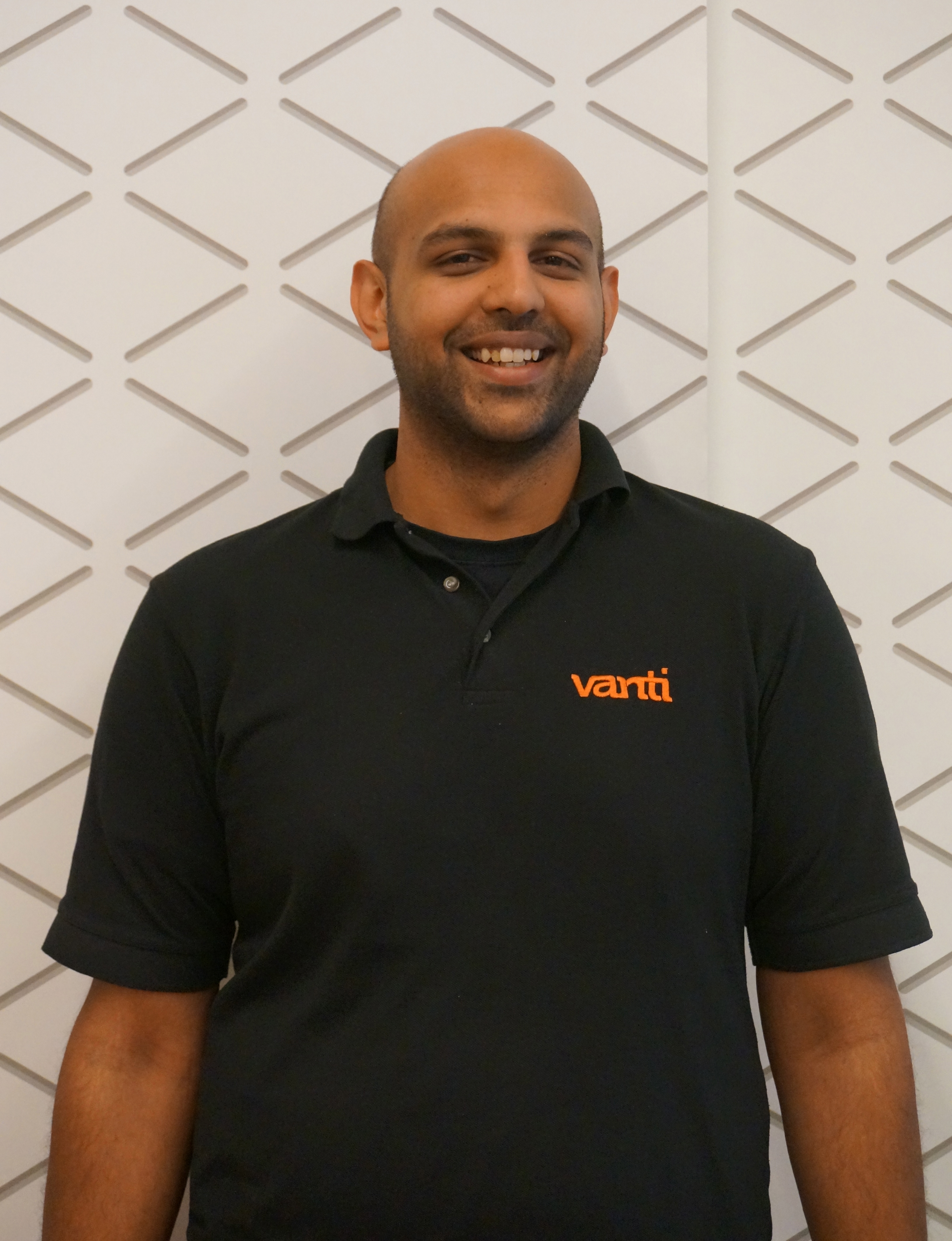 Millennials expect and understand technology in a way no generation has before, and that’s changing the way we use it, according to Raj Patel, one of five in the inaugural class of CompTIA ChannelChangers, an award that recognizes future leaders in the IT industry.
Millennials expect and understand technology in a way no generation has before, and that’s changing the way we use it, according to Raj Patel, one of five in the inaugural class of CompTIA ChannelChangers, an award that recognizes future leaders in the IT industry.
“I understand technology very well and I understand what you can do with it — or at least the power of it — and that excites me,” said Patel, a UK-based audio-visual designer whose student venture now employs 14 and clears more than £1 million annually. “The thing that frustrates me quite often is that people don’t use technology to anywhere near the extent to which they should.”
Success Starts On Two Wheels
Patel, 28 and the only UK ChannelChanger in the 2014 lot, started his career more than a decade ago. At 17, he toured the neighborhood on bicycle providing audio-visual and IT support to local venues. Later, while earning an electrical, electronic and interactive systems engineering degree at the University of Birmingham, he learned project management and low-level systems programming components and started a student venture called RTS Technology Solutions, which started out designing basic classroom audio-visual solutions and IT suites in education.
These days, the company is called Vanti and boasts a broad portfolio of audio-visual and IT services. Its client list includes Nike, Tottenham Hotspur Football Club and United Business Media, and Vanti’s £1 million Library of Birmingham project is remarkable. Patel took charge of the overall architecture and project management of the library, an award-winning project that features a double-story digital space; a digital gallery made up of 22 thin bezel screens laid out abstractly and reminiscent of the building’s silhouette; a digitally enhanced conference center; a networked exhibition space; and digital signage linked throughout the building.
Vanti’s current projects include campus-wide wireless coverage including BYOD functionality, clustered virtualization deployments and full network architecture. “The audio-visual industry and the IT industry have been kind of coming together for years, and we’re at the point now where they’re basically colliding,” Patel said.
Office buildings used to be all analog, maybe a TV on the wall and some phone systems all run by facility managers. “Now, that’s changed completely. Everything’s on the network,” he said. “Now people have 130 screens going through the building, each one of those has a device in the network. Suddenly the world of IT administrators changed.”
Patel says his early success stems from his familiarity with both the audio-visual side of production technology as well as how to make it IT enabled. “There aren’t that many people in this industry that go and understand acoustics of a room and also understand the networking requirements needed to be able to make it work,” he said. “I think the thing we’re changing is that we’re trying to bring those two together slightly quicker, a little bit ahead of the curve. We’re trying to do that a little bit sooner than other people are.”
Millennials Making Change
Patel doesn’t usually refer to himself as a millennial, but as his generation continues to shake up the workplace, he’s sure to remind people that a successful venture requires the experience and knowledge of a wide range of ages — especially when it comes to specialty services.
“I work with acoustic engineers who are, like, the best of the best in the world. They tour with world class bands, they designed the Olympic Park … brilliant kinds of stuff,” he said. “These guys are the best of the best because they’ve been doing this for 30 to 40 years, and they need that experience to be able to do that — it’s actually a field where you need experience to work it out.
The people with decades of experience aren’t always the same people who are good at designing digital sound systems, though. “You can draw on their experience for where you need it but also add in someone who can understand the technical bit,” he said. “Then you can actually put the whole pitch together for people.”
It’s the knowledge, not necessarily the process, that’s important to pass along.
“It’s a question of, ‘I understand what you’re trying to do, and I know more about the current technology, so maybe there’s a new way of doing this,’” he said. “It’s a change that happens at school. It’s a change that happens while you’re learning.”
Consider the last time you took a plumbing class versus watching a YouTube video to learn how to unclog a drain.
“It’s like you’re learning to teach yourself and to work it out, and you need people experienced around you to give you advice and guidance while you’re learning to teach yourself,” Patel said. “It’s a complete change in the mindset. As that shift happens — and it’s already happening — we won’t be teaching our kids to learn like the way we did. It’ll be actually, ‘You need to learn to think for yourself.’”
CompTIA’s ChannelChanger award recognizes future leaders in the IT industry. Nominees are under 30, must be employed by a CompTIA member company, and have worked in the IT industry for at least two years. Nominate a ChannelChanger for 2015.
Michelle Peterson is a communications specialist for CompTIA.

